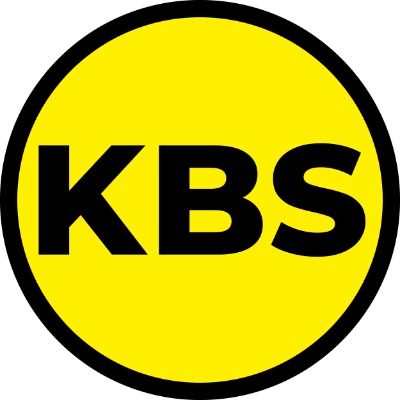If you want to share these benefits too (and we recommend you do), here’s a handy checklist of what you need to have at the ready.
The basic admin
Before you even get to identifying your income to declare, there may be a little bit of basic administration to do.
If you are a self-assessment veteran or an existing tax return client of ours you can skip some or all of this step, though.
You will need:
- Your unique taxpayer reference (UTR) – a ten-digit code given to you by HMRC when you set up your limited company or first registered for self-assessment. You should be able to find it on any correspondence from HMRC.
- Your 12-digit Government Gateway ID – this is required if you need to log onto the government website yourself. Again, you should have received it when you registered for self-assessment.
- Your National Insurance number – everyone knows what this is, right?
Your earned income
With the above admin done if necessary (again, we’d stress you don’t need to do this if you’re already a tax return client of ours as we’ll have it all), now it is time to collate your earned income.
There’s a variety of sources this could come from, depending on your circumstances.
If you’re in a partnership, LLP or sole trader business structure, you will need to tot up your invoices. You pay tax based on when invoices are received, not payment made (unless you’re using the cash basis of accounting).
If you are employed you will have a P60 which shows your total employed income. And if you received employee benefits or had expenses reimbursed you will need your P11D.
If you are a limited company director you will need to know your salary due (irrespective of if it was actually paid) and declare any dividends. If we’re your accountants, we can calculate this and optimise it for you.
Other income (and expenses)
It is of course possible that you may have dividends from third party investments, too. If those are not in a tax wrapper like an ISA, you will need details of these. And, of course, any bank account or other interest.
Then, if you own any rental properties, you’ll need to include details about your income from those.
Don’t forget to gather records of expenses, as these can be used to reduce your tax bill.
You will also need to gather details of state benefits if you have received any. A significant extra point this year is to include any coronavirus-related grants or support that you benefitted from.
Foreign income, if applicable, is accounted for in its own section on the tax return.
Student loans, Gift Aid and capital gains
Almost there now – but these last few points will be relevant for some.
Charitable donations you make and classify as Gift Aid may qualify you for tax relief. The basic-rate relief is claimed by the charity, but if you’re a higher-rate tax payer you can claim the higher band relief via your tax return.
And if you’re self-employed and have a student loan, your self-assessment return is the mechanism by which it is decided how much you will repay. You will need the details of what plan you are on and how much you repaid in the year.
Self-assessment is also used to account for capital gains tax and chargeable event gains.
Ready to tick your self-assessment admin off your to-do list? Get in touch.


